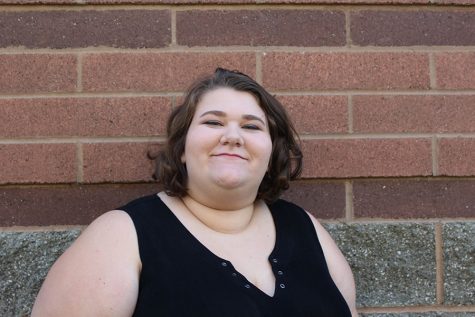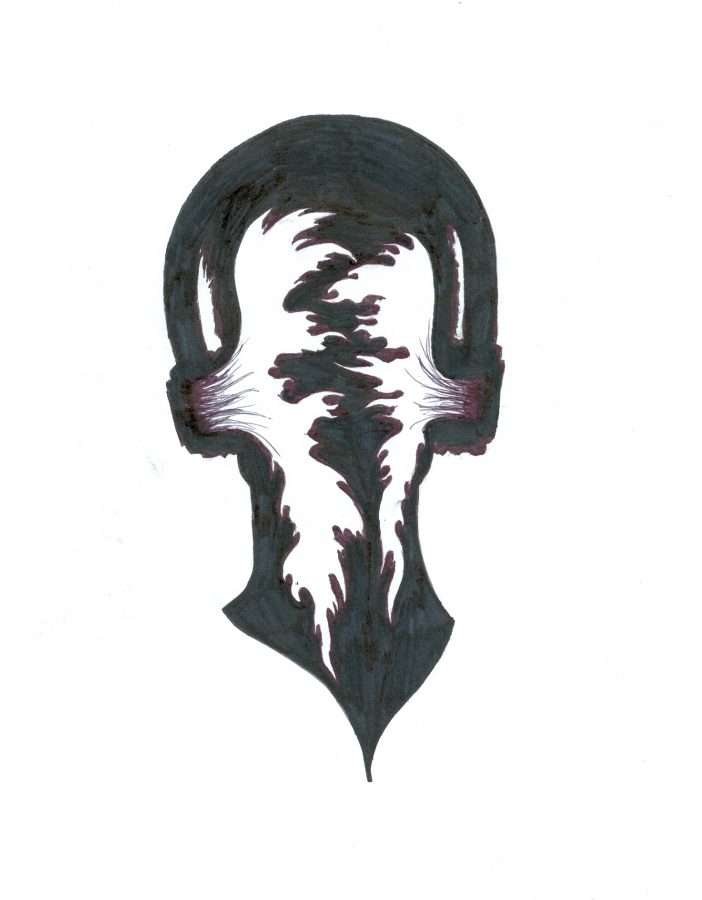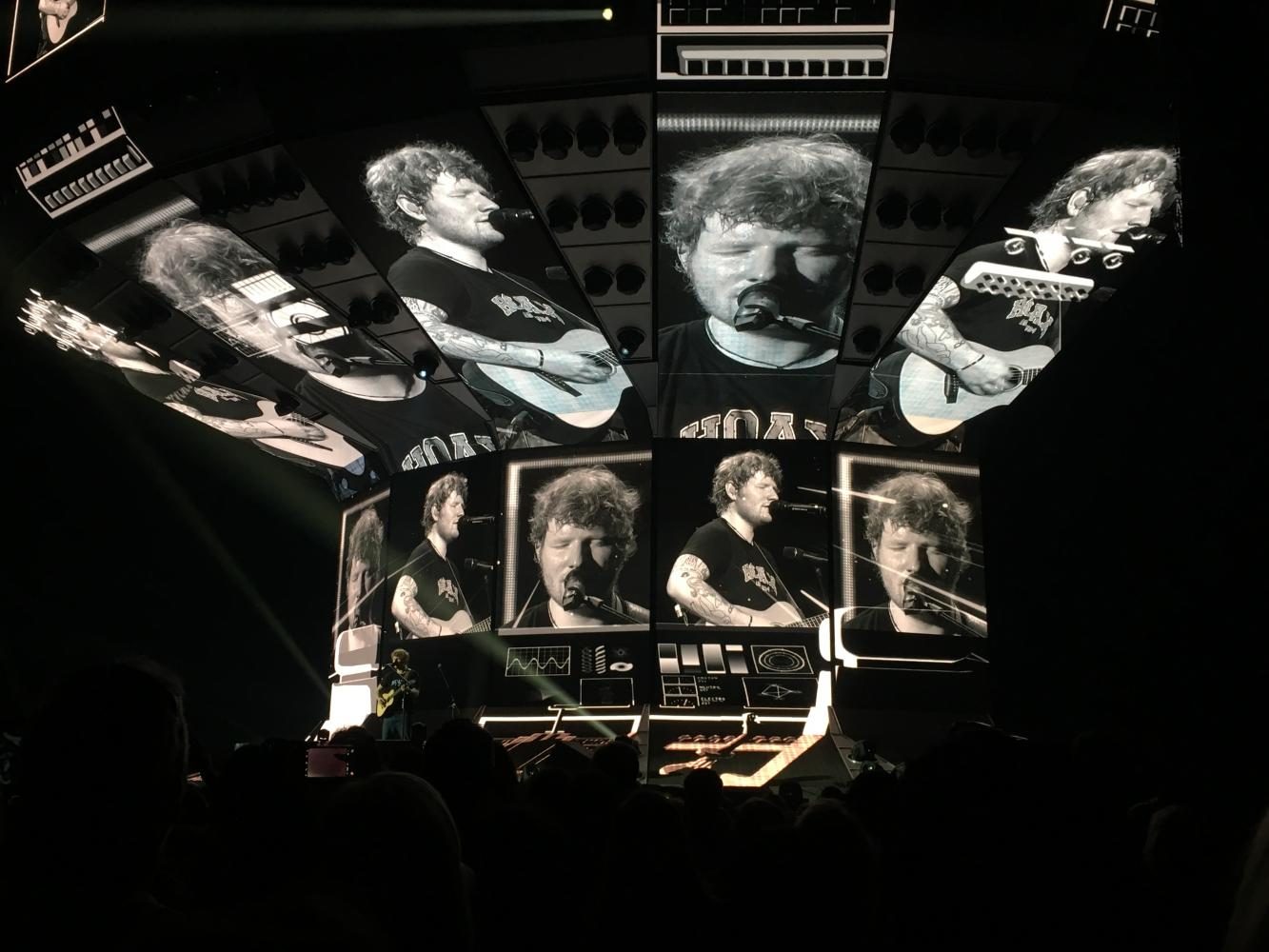Music, to some, is the voice of the people.
It can be used as a weapon in the war against conformity, political antics or the war against one’s self. From the crooners of the ‘60s to the angst filled rock songs of the ‘90s, music has been seen as a form of self-expression for the masses since the first human life.
Lecturer of music history at the University of Washington, John Hanford III holds the belief that music interacts with almost all aspects of one’s life.
“[Music] interacts with most aspects of culture, I should think: a two-way street — with the other arts, with politics, social order and class, religion, war, technology, poetry, dance, philosophy, sexual relations, to reinforce power structures and to challenge power structures,” Hanford said.
Band teacher Eric Ryan reflects on his belief of how music and culture tie into one another and the way it plays into the simple human need to tell stories.
“I think music is culture. So much of music is storytelling and culture is passed down through storytelling. I also think music can positively inspire change and sometimes negatively inspire change. For so many, it is an outlet that can reach the masses (pop music, rap, movie music, etc.),” Ryan said.
Frederick Orton voices his thoughts on the ways music can be building blocks or the ties between one culture to another.
“I do believe that music can bring different cultures together. It helps build bridges and highlights seminaries and demonstrates that we are much more alike than we are different. Music is a universal language. Even written music can be read and played because it can be read and played by anyone who can read music, regardless of what language we speak,” Orton said.
Orton, who has been teaching Multi-Cultural Studies for the last 12 years, uses music as a method of teaching. Music, which some could see as one of the ties between different cultures, is also something Orton sees as an important part of history.
“I use music in not only my Multi-Cultural Studies classes but in my American Studies classes as well. For example, when I teach about the ‘Jazz Age’ or the ‘Harlem Renaissance’, I introduce my students to the music of Louis Armstrong, Duke Ellington and Count Basie. My students all listen to and study the lyrics of Billie Holiday’s ‘Ain’t Nobody’s Business If I Do’,” Orton said. “In Multi-Cultural studies, I teach my students how to do the Hustle (to :’Stayin’ Alive’ by the Bee Gees) as I share about the impact that the Disco Culture (and the movie “Saturday Night Fever”) had on not only the American Culture but many other parts of the world as well.”
Hanford, who has been studying music in Seattle for the last 40 years, gives recommendations for further reading for anyone still interested in finding out more about how music affects one’s relationships while also providing his insight into how music has been playing a role in human life for years.
“Perhaps [music affects our relationships] in more ways than I am aware of. I would recommend reading Musicophilia by Oliver Sacks and This Is Your Brain On Music by Levitin. But, the real killer is A World Inside, a movie that shows case histories of many elderly people suffering from Alzheimer’s and stroke related problems. Playing the music of their youth reconnects them in meaningful ways to mental and physical activities,” Hanford said. “Music has always been used as a social medium – ‘functional music’ played for religious and political events, social gatherings, hunting expeditions, marriages, dances, etc. Playing in a band, is the tightest sense of ‘communion’ I have probably ever experienced, for good or for bad.”
Due to his close proximity to students Ryan has been able to see close up the affect music has had on his band students as well as reflecting on the way it has shaped his own relationships.
“Most of my friends from school were in music. Most of my friends now are colleagues that teach music. I met my wife when I taught her first grade class music,” Ryan said. “It seems that many of my students have a core group of friends in band. Some have played together for many years. I see it as a positive interaction and positive relationship. I have past students that come back and see me and music is still a part of their life and some their employment.”
Music is the voice of a generation. Orton, who has now had the opportunity to live through several different eras in American culture, expresses his opinion on what music can do to the culture of an area.
“Music can affect cultures in many ways. It can be an expression of emotion, history, current events or commentary. Culture impacts music and music impacts culture,” Orton said.
Orton is one of the many who believe that music is a method of change. Here he gives examples of change affected with classics like ‘Imagine’ by John Lennon.
“Music does cause change and is often at the heart of change. The Civil Rights movement of the ‘60s was motivated by many of the song like ‘We Shall Overcome’ and the protests against the Vietnam War were expressed in songs like ‘Give Peace a Chance’ and ‘Imagine,’” Orton said.
Ryan assumes that music will continue to affect change as he believes it already has. He also speaks about his time with a summer music tour through Europe.
“Yes, [music] has [brought people from different cultures together] and it will continue to. I am a part of a summer music tour that travels through Europe and I have seen this happen first hand,” Ryan said.
Orton expresses excitement at the unknown aspect of how music will change next and his happiness at the opportunity to see it change as much as it already has in his lifetime.
“I am always excited to see what the next chapter in the music world will be. I have lived long enough to see many things go full circle. It seems like each generation tries to push the envelope, however one constant seems to be the human need for music and other forms of expression,” Orton said.
Music Inspires, Molds Culture
Shayla Jones, Coverage Editor
Published December 15, 2016
Story continues below advertisement
0
Donate to The Viking Vanguard
$15
$500
Contributed
Our Goal
Your donation will support Viking Student Media and the content we create. Your contribution will allow us to purchase equipment and cover our annual costs, including website hosting, printing the newspaper and yearbook, and purchasing new equipment.
More to Discover
About the Contributor

Shayla Jones, Managing Editor
Shayla Jones, joined The Viking Vanguard her junior year of high school. Jones enjoys writing both journalistically and poetically. Jones also enjoys reading and listening to music. Jones has been a part of drama ever since she was in seventh grade and is still involved today. Drama brings her a feeling of happiness as well as belonging, a feeling, she says, you cannot get anywhere else.



